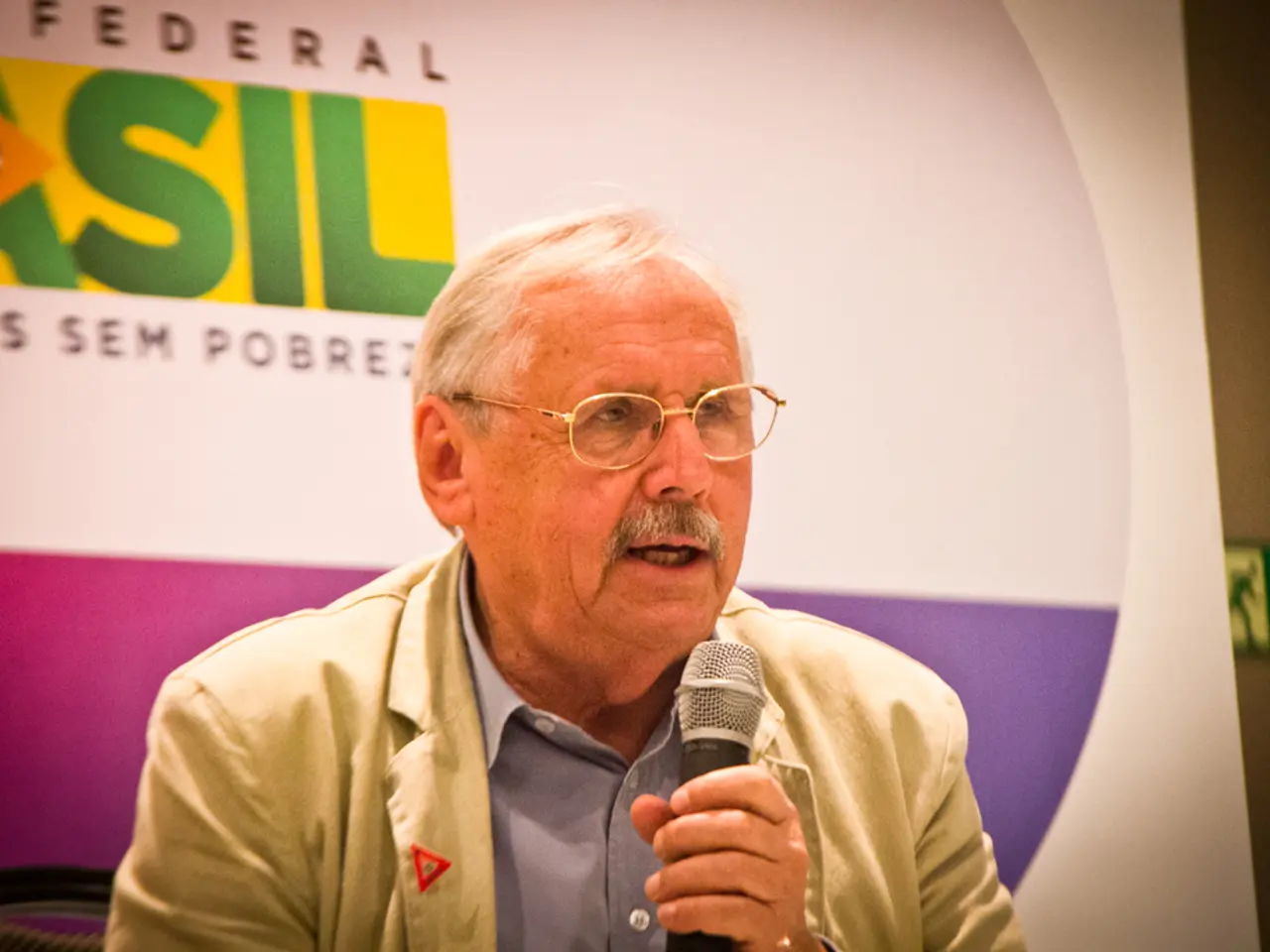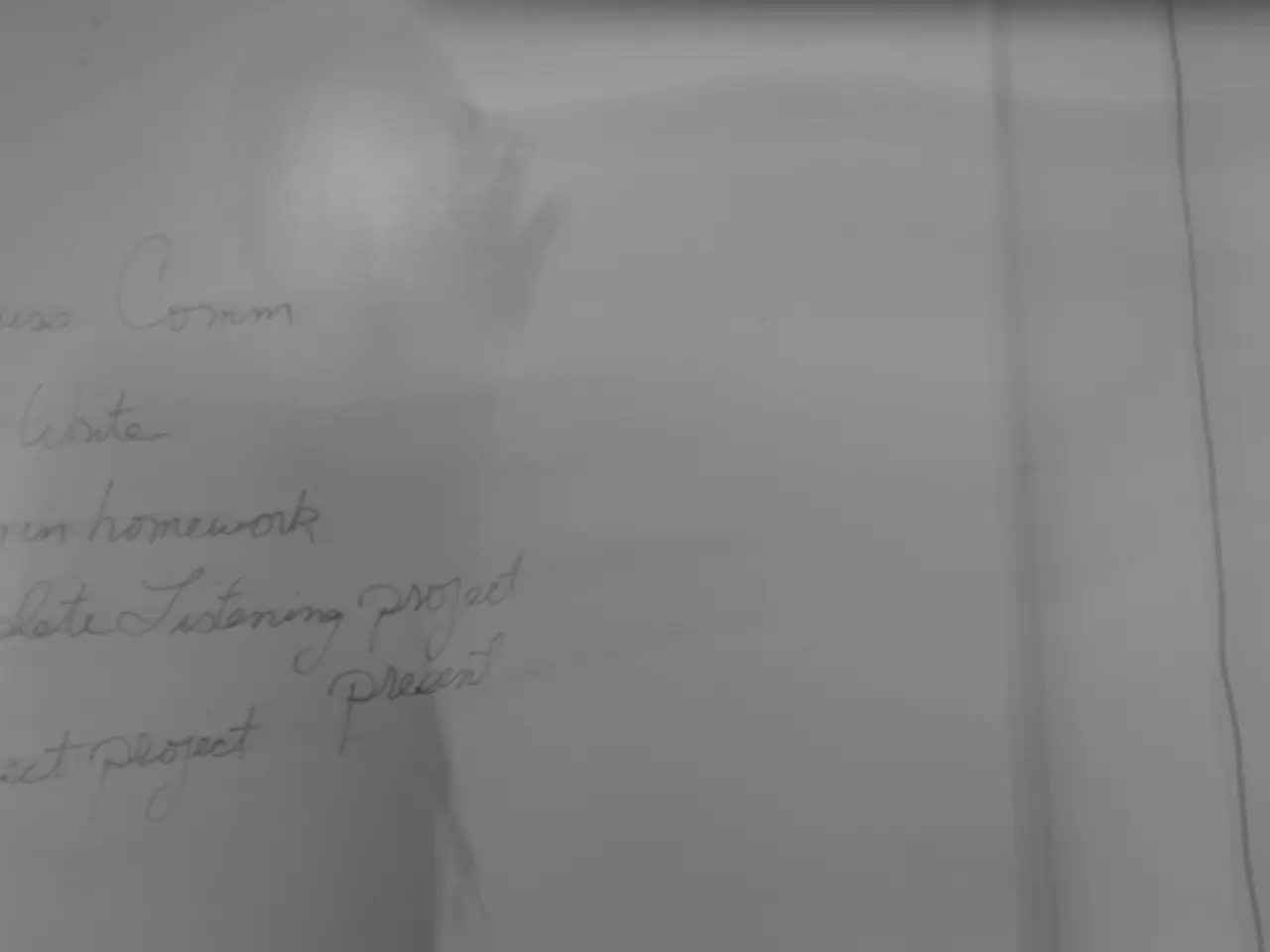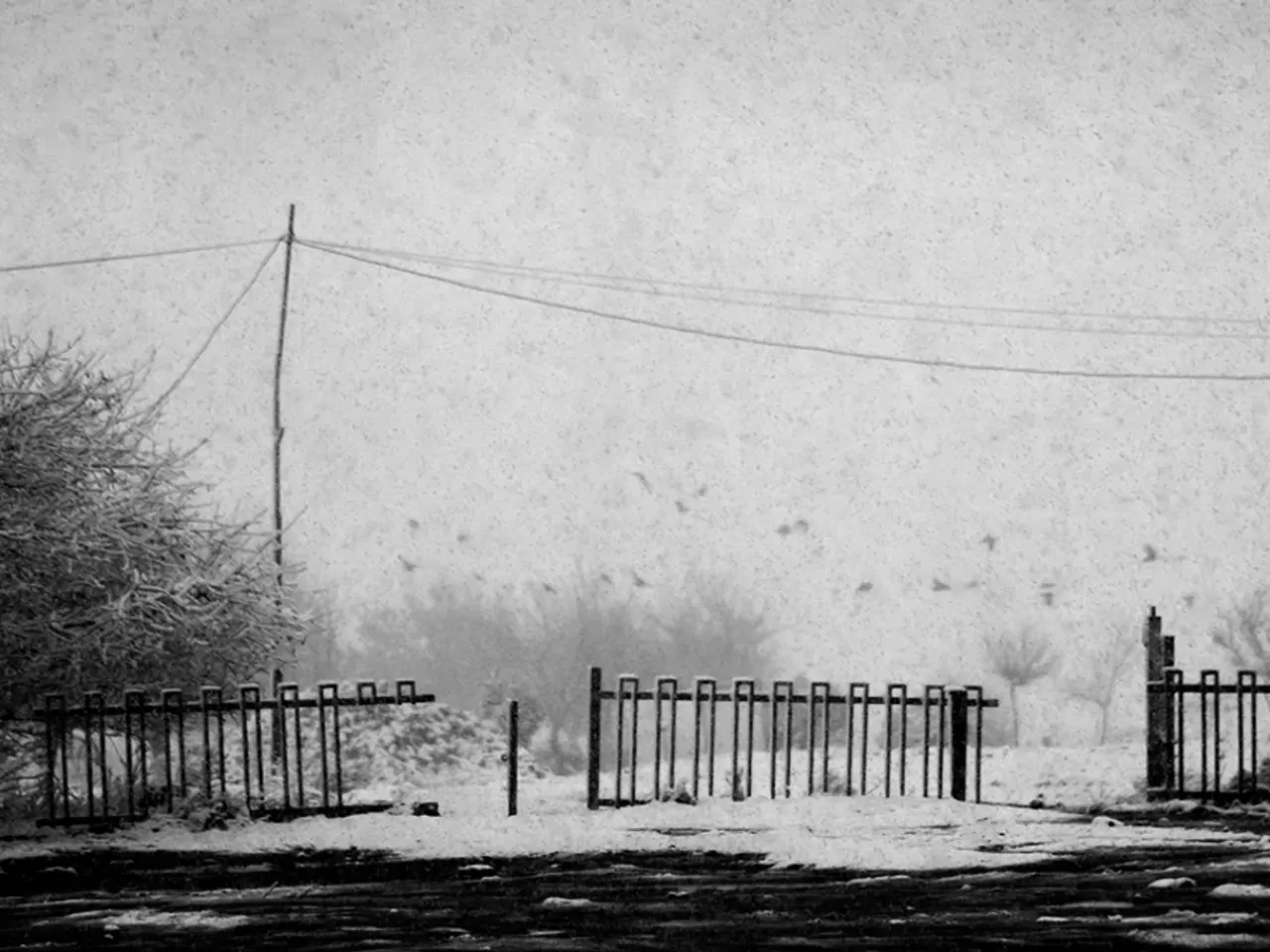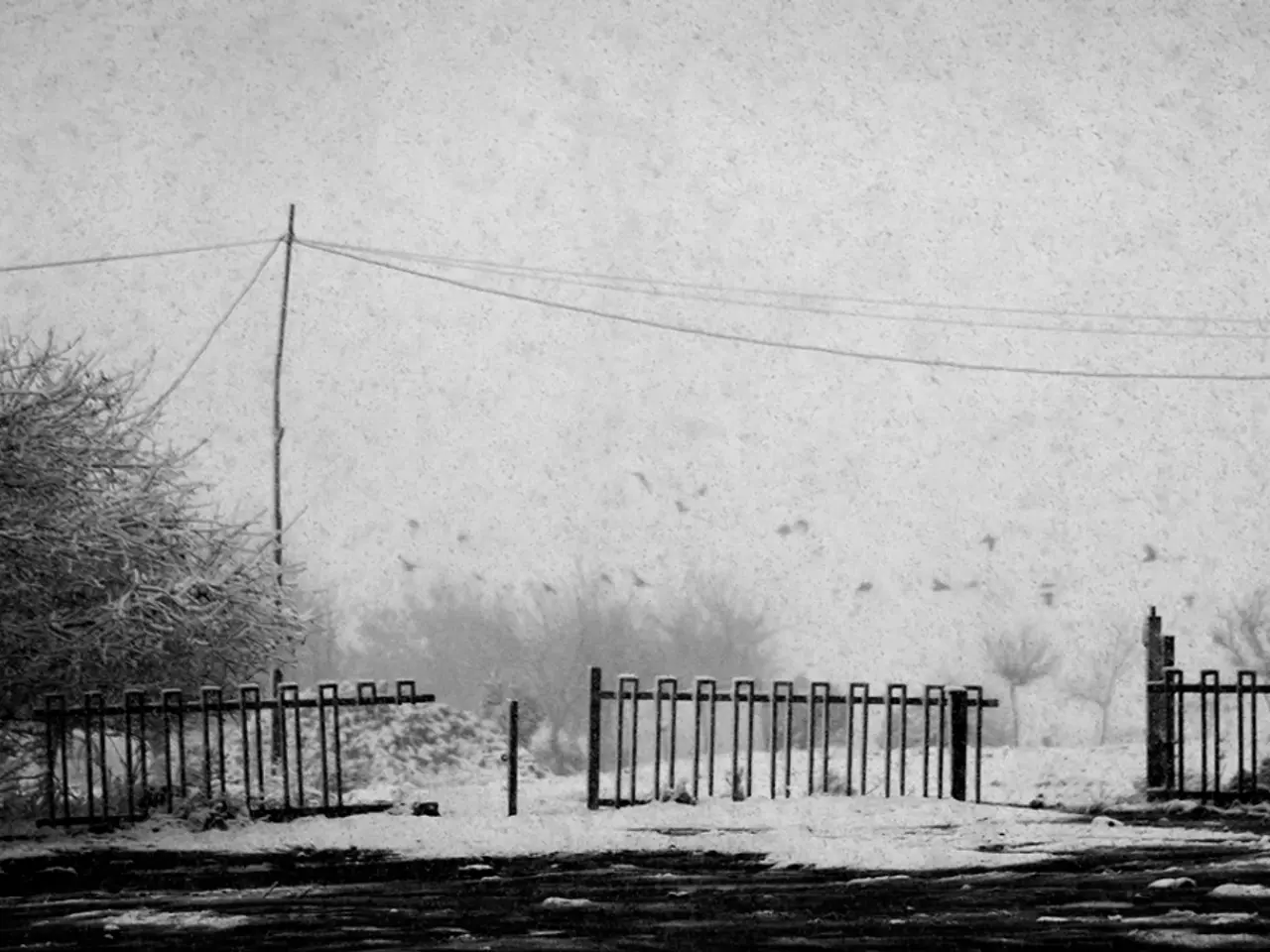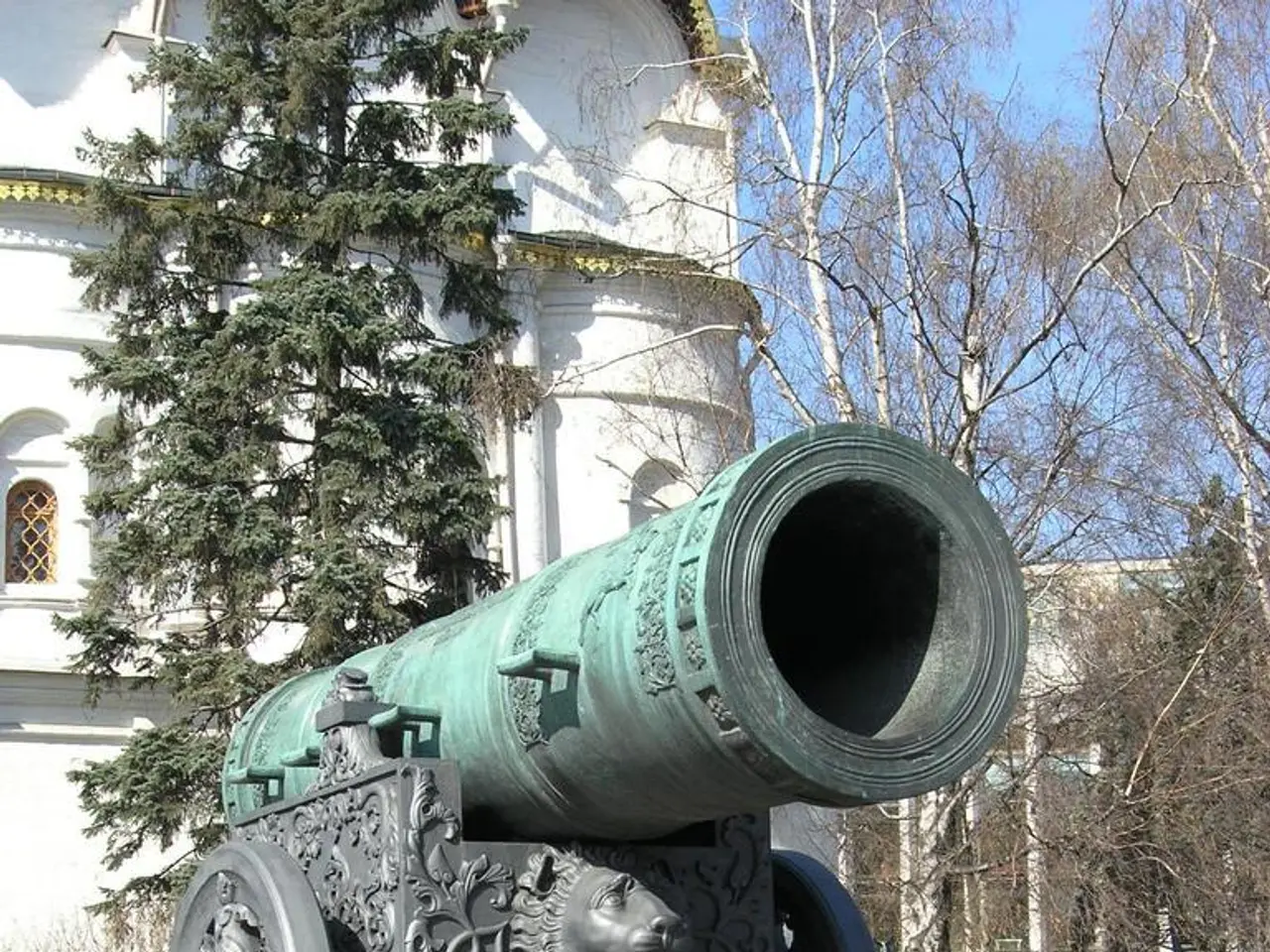Strengthened regulations for non-governmental entities within Slovakia
In April 2025, the Slovak government passed a controversial NGO transparency law, requiring non-governmental organizations (NGOs) to disclose their financial sources and the identity of their largest donors and members. The law, signed by President Peter Pellegrini, has since been enforced despite being challenged in the Constitutional Court by opposition MPs.
The law, which mandates disclosure starting from July, has been met with significant opposition from both the opposition parties and civil society groups. They perceive the law as an attempt to silence Fico's critics and a means to intimidate NGOs, potentially leading to chilling effects on their work and hampering civic freedoms.
The opposition, particularly the liberal party Progressive Slovakia, argues that the law threatens democracy and constitutional rights by disproportionately targeting NGOs and exposing donor privacy. Early versions of the bill contained more severe measures, such as labeling NGOs receiving foreign funding as "foreign agents" or classifying advocacy activities as lobbying. However, these were removed before passage. Critics maintain that the remaining transparency and disclosure requirements are still excessive and may discourage NGO activities.
The law has also been at the center of political controversy. Prime Minister Robert Fico has accused Western diplomats of attempting to influence the Constitutional Court to block the law, claiming this represents foreign interference aimed at preserving progressive influences in Slovakia. The government plans official probes and diplomatic responses to what it characterizes as lobbying by foreign actors against the law.
The controversial law has sparked massive protests across Slovakia, with tens of thousands of people demonstrating against Prime Minister Fico in several cities. The demonstrations, repeated since the beginning of the year, are a response to the new law requiring NGOs to disclose their financial sources and identity of their largest donors and members.
Criticism has been directed towards Prime Minister Fico for developing authoritarian tendencies since his return to power in 2023. MP Zuzana Plevikova of Fico's Smer party claimed in parliament that some NGOs were aiming for a violent coup, funded by foreign sources.
The controversy surrounding the NGO transparency law has raised concerns that the EU and NATO member Slovakia is moving closer to Russia, as similar laws exist in Russia and neighboring Hungary. The European Commission issued a warning to the Slovak government regarding the initial proposal to label NGOs. The Slovak government initially sought to label NGOs as "lobbyists" and "foreign agents," but these provisions were removed before the law was passed.
In summary, the NGO transparency law is actively enforced but contested in court. It has created significant tension between the government and civil society, with opposition and NGOs fearing it will lead to chilling effects on their work and hamper civic freedoms, while the government insists it is necessary to prevent foreign interference in Slovak democracy.
- The controversy over the NGO transparency law extends beyond Slovakia's borders, with concerns being raised that the policy may lead to a shift in the country's alignment, mirroring similar laws in Russia and neighboring Hungary.
- The European Commission has issued a warning to the Slovak government about the proposed labeling of NGOs as "lobbyists" and "foreign agents," expressing concerns that such measures could impede civic freedoms and disrupt democratic processes.
- The political landscape in Slovakia, particularly the debate surrounding the NGO transparency law, has been marked by accusations of political manipulation and foreign interference, with diplomats being accused of attempting to influence the Constitutional Court and foreign actors being accused of lobbying against the law.


